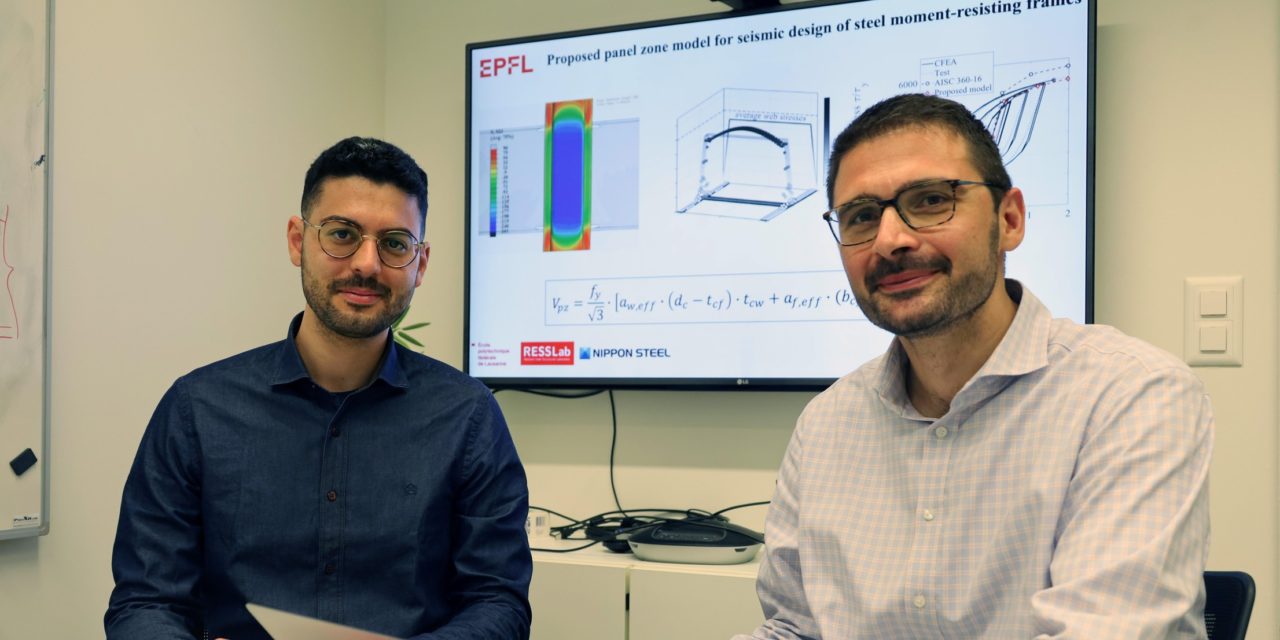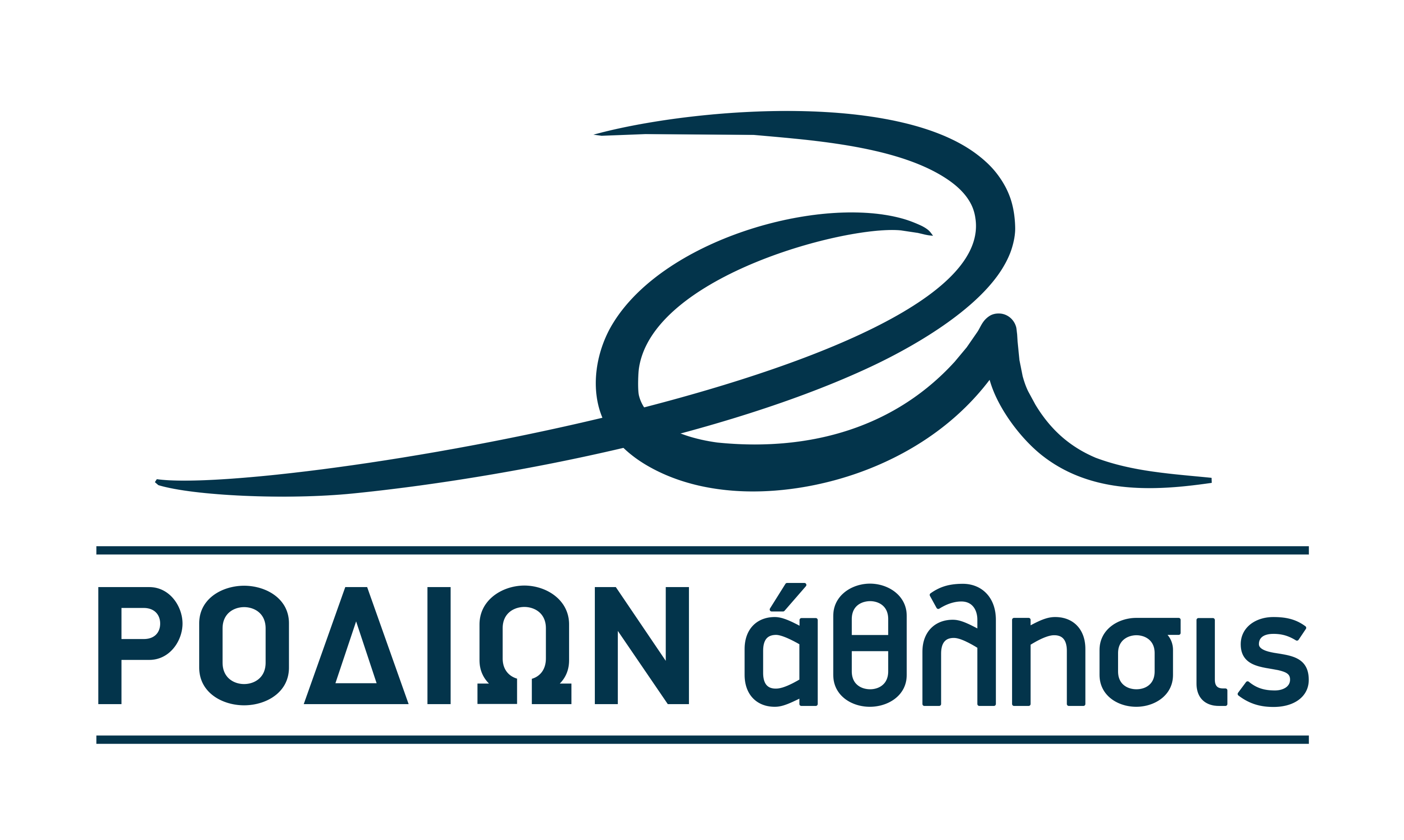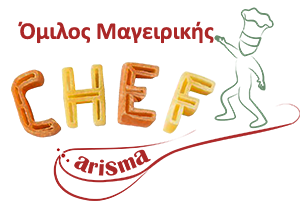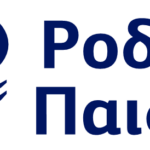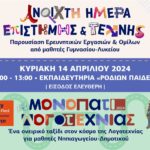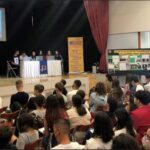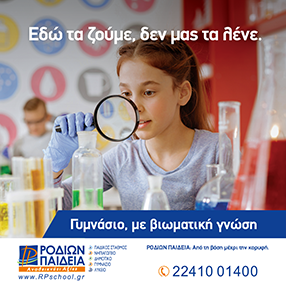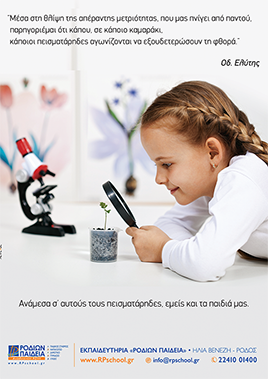Ο Ανδρόνικος Σκιαδόπουλος, απόφοιτος των Εκπαιδευτηρίων μας, δραστηριοποιείται στον τομέα του Πολιτικού Μηχανικού και απέσπασε το σημαντικό βραβείο «R.C. Reese Research Prize»! Όπως είχε δηλώσει και σε παλαιότερη συνέντευξή του, ο Ανδρόνικος στοχεύει στην απόκτηση όσο το δυνατόν περισσότερων εμπειριών, τόσο μέσα από τον χώρο της έρευνας και της επιστήμης του Πολιτικού Μηχανικού!
Συγχαίρουμε τον Ανδρόνικο Σκιαδόπουλο για το σημαντικό του βραβείο και του ευχόμαστε πολλές επιτυχίες στην επαγγελματική του πορεία!
Αναλυτικά, πληροφορίες για τη βράβευση:
The American Society of Civil Engineers has awarded the 2022 Raymond C. Reese Research Prize to Dimitrios Lignos, an associate professor and the director of the Civil Engineering Institute at EPFL’s School of Architecture, Civil and Environmental Engineering (ENAC); Andronikos Skiadopoulos, a PhD student at EPFL’s RESSLab; and Ahmed Elkady, a lecturer in civil engineering at the University of Southampton and a former postdoc at the RESSLab.
The Raymond C. Reese Research Prize was created in 1970 and is awarded to the authors of an article that “describes a notable achievement in research related to structural engineering and which indicates how the research can be used,” according to the ASCE website.
Scientific and practical impacts
Andronikos Skiadopoulos, Ahmed Elkady and Dimitrios Lignos won the award for an article proposing an innovative mechanics-based model for the seismic design of beam-to-column panel zone joints in steel buildings. In engineering practice, their model has the potential to improve seismic performance in steel structures and enhance earthquake safety.
“Our model addresses the main limitations of the previous models described in the literature over the last 50 years,” says Lignos. “We’ve also worked on creating coherent recommendations about how engineers can use our model in practice. The experimental data we used to validate the model, as well as the model itself, have all been made public so that other researchers can replicate our results.”
Their paper – “Proposed panel zone model for seismic design of steel moment-resisting frames” – was published in the January 2021 edition of the ASCE Journal of Structural Engineering.
A rewarding career
Over the last five years, Lignos’ research group at EPFL has chalked up a number of prestigious international distinctions, including the ASCE’s 2019 Walter L. Huber Civil Engineering Prize and first place at the international computer simulation competition on earthquake engineering in 2018 run by the National Institute of Standards and Technology.
“This is obviously a great source of motivation for us, and it reflects the strong sense of teamwork within our research group,” says Lignos, who was also named the best teacher in ENAC’s civil engineering section for 2021. “These distinctions are also a satisfying and well-deserved recognition for the students, who have a direct influence on the research done at the RESSLab and our lab’s educational approach. It’s also an excellent incentive for us, as we drive our field forward and continue training tomorrow’s civil engineers.”
Research interests and international background
In his work, Lignos explores how structures behave when subjected to extreme loading such as earthquakes in particular – through computer modeling and experimentation across different scales. A key aspect of his research consists of developing physics-based models to understand the underlying mechanisms causing structures to collapse. By fusing advanced measurements with physics-based modeling, Lignos’ research supports the decision making on how to improve the life cycle of steel structures. Lignos holds a Master’s degree (2004) and a PhD (2008) from Stanford University and completed postdocs at Stanford (2009) and at the Disaster Prevention Research Institute at the University of Kyoto (2010). Before coming to EPFL, Lignos was a tenured associate professor of civil engineering at McGill University.
Πηγή: Prof. D. Lignos and A. Skiadopoulos win the R.C. Reese Research Prize – EPFL

